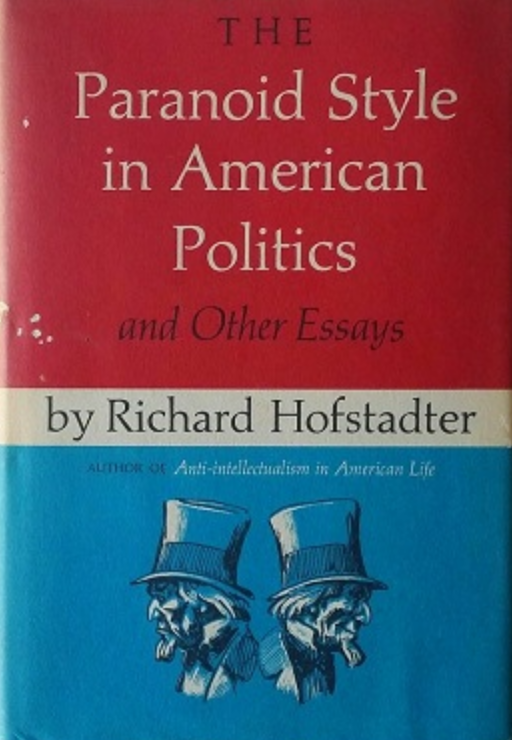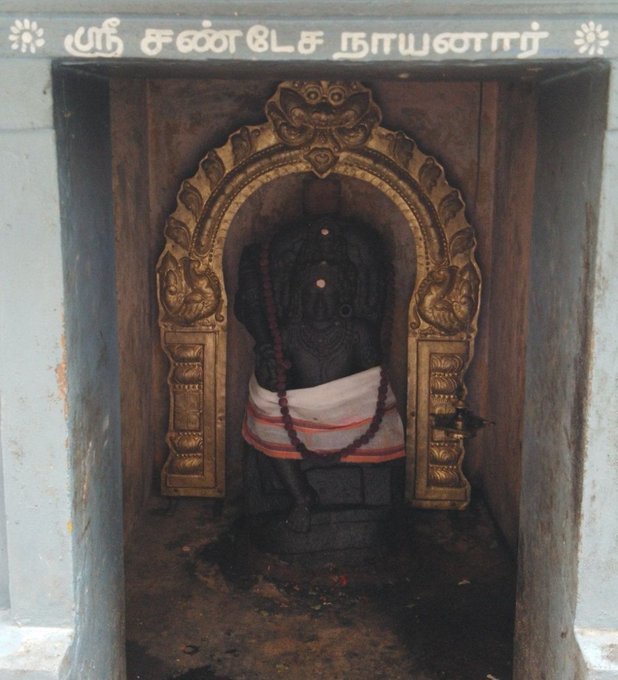My mantra is that there are no magic bullets and these people will always be with us.
Except for state legislatures, they have less power now than they have for a while.
2/
Wouldn't he just use this to repeat his Big Lie and have GOP echo him?
— Thel Marquez (@theljava) January 31, 2021
Yep. My relatives continue to support Trump and make false equivalencies as justification. I\u2019ve found it impossible to present factual information that changes minds. Trump\u2019s emotional appeal registers with them: that things were better before civil rights advances.
— Martha Brockenbrough INTO THE BLOODRED WOODS (@mbrockenbrough) January 31, 2021
Yes, please do-we need the inoculation \U0001f64f\U0001f3fc\U0001f4af\u2705
— Mac (@mcadooandrewd) January 31, 2021

They clearly aren\u2019t the party of LAW AND ORDER
— DWUK (@UKfriendlyguy) January 26, 2021
How to become a volunteer voter registrar
— 5 DAYS UNTIL THE GEORGIA RUN-OFF. KEEP THE FAITH. (@JamesMWilliam18) May 31, 2019
It is actually very simple. I live in a Maryland suburb, and I called my county Board of Elections to schedule a meeting. Once that was done, I spent about two hours going over the laws, rules and regulations.
Does their life end if they lose an election? Is it worth a complete loss of integrity??
— KM (@Kyarmot) November 10, 2020

What do you see as an outcome of this Teri?
— AnimalsIntuit (@copplestonearts) January 2, 2021
What do you see as an outcome of this Teri?
— AnimalsIntuit (@copplestonearts) January 2, 2021
Why won\u2019t the Dems in Congress give some consequences? Like refusing to seat those participating in sedition?
— Teacher Sarah (@cmommy77) January 2, 2021
Oral argument in scheduled for January 21 at 3 pm in this case & will be telephonic. To listen, call 1-800-768-2983, code: 2640561#. Alternate phone numbers if the toll-free number gives you trouble: 1-907-206-2349 or 1-913-904-9867 or 1-212-231-3884.
— Alaska Court System (@AlaskaCourt) January 20, 2021





Bad ballot design led to a lot of undervotes for Bill Nelson in Broward Co., possibly even enough to cost him his Senate seat. They do appear to be real undervotes, though, instead of tabulation errors. He doesn't really seem to have a path to victory. https://t.co/utUhY2KTaR
— Nate Silver (@NateSilver538) November 16, 2018